Section 1031 of the U.S. Internal Revenue Code allows investors to defer capital gains taxes on real estate by reinvesting the proceeds from a sale into a like-kind property within specified time limits. This strategic move, known as a 1031 exchange, offers numerous financial benefits for savvy investors looking to optimize their real estate portfolios. Here’s an in-depth look at how you can leverage this powerful tool.
How a 1031 Exchange Works
A 1031 exchange is not just about deferring taxes—it’s about making them work in your favor to maximize investment potential. When you sell a property, instead of paying capital gains taxes immediately, you reinvest the proceeds into another property. This allows you to use all of your sale proceeds to invest rather than paying a portion in taxes.
Real-Life Application
I remember assisting an investor who was transitioning from residential rentals to a large commercial property. By using a 1031 exchange, he was able to avoid immediate capital gains taxes, reinvesting the entirety of his proceeds into the commercial property which provided a higher return on investment and better long-term growth prospects.
Key Components of a 1031 Exchange
Understanding “Like-Kind” Properties
In 1031 exchanges, “like-kind” refers to the nature or character of the property rather than its grade or quality. Essentially, you can exchange any type of investment property for another, from an apartment building to a strip mall, as long as both are held for business or investment purposes.
The Timing Rules
However, timing is crucial in a 1031 exchange. You have 45 days from the sale of your relinquished property to identify potential replacement properties and 180 days to complete the acquisition of one or more of these properties. Managing these deadlines effectively is critical to the success of the exchange.
Role of the Qualified Intermediary
A qualified intermediary (QI) plays an essential role by holding the proceeds from the sale until they can be reinvested into the new property. This third-party involvement ensures the process complies with IRS rules and helps avoid any disqualification due to mishandling of funds.
Advantages of a 1031 Exchange
Leveraging More Capital for Investment
By deferring taxes, you maintain a larger capital base to reinvest. This can enable you to purchase more valuable properties or invest in multiple properties, increasing both your leverage and potential returns.
Diversifying Your Investment Portfolio
1031 exchanges provide a pathway to diversify your investment portfolio. Whether you’re moving from residential to commercial real estate, or exploring new geographic markets, the ability to reinvest without immediate tax liability allows for strategic portfolio adjustments.
Estate Planning Benefits
An often overlooked advantage is the role of 1031 exchanges in estate planning. Properties held through these exchanges can be passed to heirs with a stepped-up basis, potentially reducing future capital gains liabilities significantly.
Navigating Challenges
Identifying the Right Property
Finding the right property within the 45-day identification period is one of the biggest challenges. The competitive nature of the real estate market requires quick and decisive action to secure desirable properties.
Understanding the Costs
While a 1031 exchange defers taxes, it’s not without costs. Fees for the qualified intermediary, closing costs, and potential advisory fees should be considered to ensure the financial viability of the exchange.
Is a 1031 Exchange Right for You?
For real estate investors looking to expand and optimize their portfolios, a 1031 exchange offers a compelling option for managing tax implications while fostering growth. However, it requires careful planning and understanding of both your current portfolio and your long-term investment goals.
Conclusion: What Does 1031 Mean?
Leveraging a 1031 exchange can significantly enhance your investment strategy, allowing for continued growth and repositioning of assets in a tax-efficient manner. If you’re contemplating a 1031 exchange or want to understand how it can benefit your real estate endeavors, consider consulting with a qualified intermediary. With the right guidance and strategy, a 1031 exchange can be a transformative tool for your investment portfolio.

Real Estate Agents and 1031 Exchanges: A Crucial Partnership

Yes, You Can Finance Your 1031 Exchange Property – Here’s How



